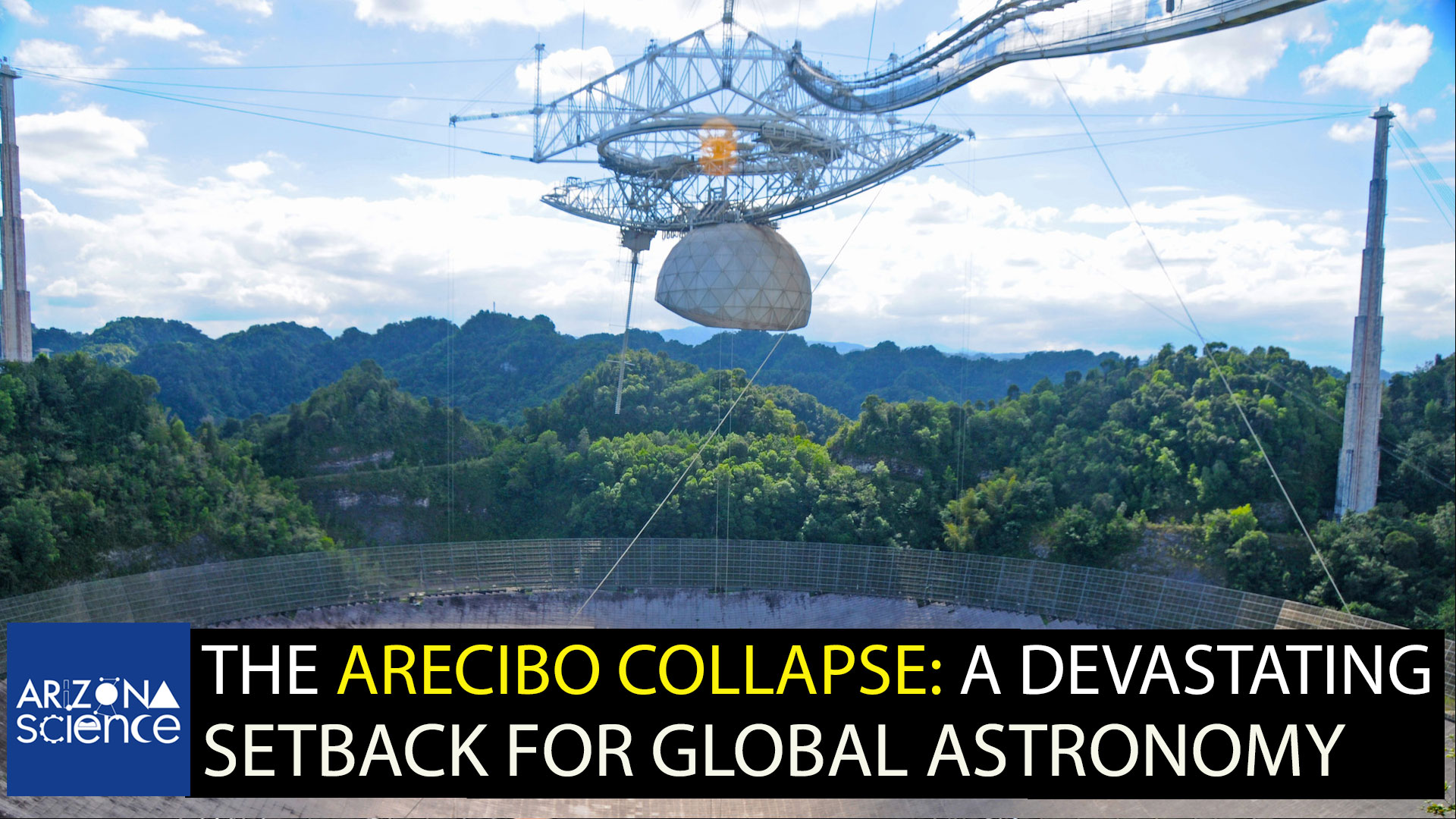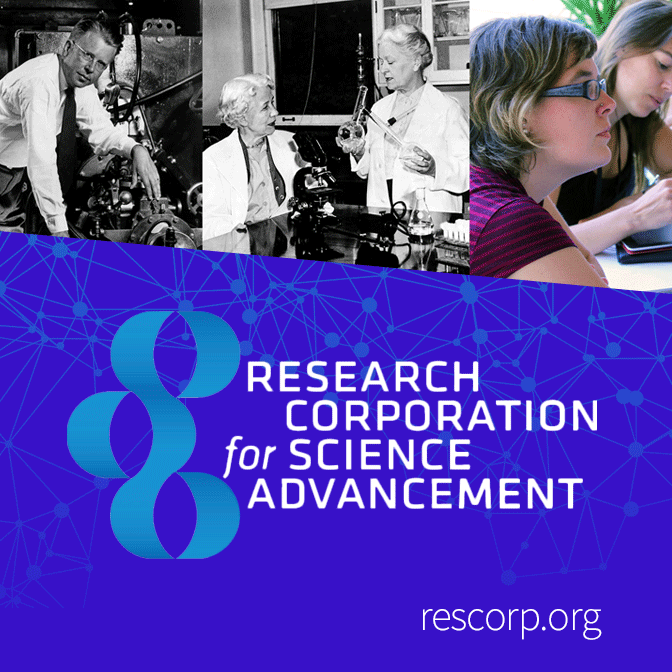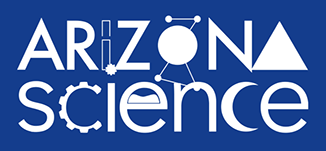 Arecibo Observatory photo taken in 2010.
Arecibo Observatory photo taken in 2010.
David Broad
On December 1st, the Arecibo radio telescope observatory in Puerto Rico collapsed. It was the largest instrument of its kind in the Western Hemisphere, and scientists used it to make discoveries across the universe for 57 years.
University of Arizona researcher Mike Nolan worked at Arecibo. He remembers the telescope's importance to the scientific community and reflects on its legacy.
Catch Arizona Science each Friday during Science Friday on NPR 89.1. You can subscribe to our podcast on Apple Music, Spotify, Amazon Music, or the NPR App. See more from Arizona Science.
MORE:




By submitting your comments, you hereby give AZPM the right to post your comments and potentially use them in any other form of media operated by this institution.